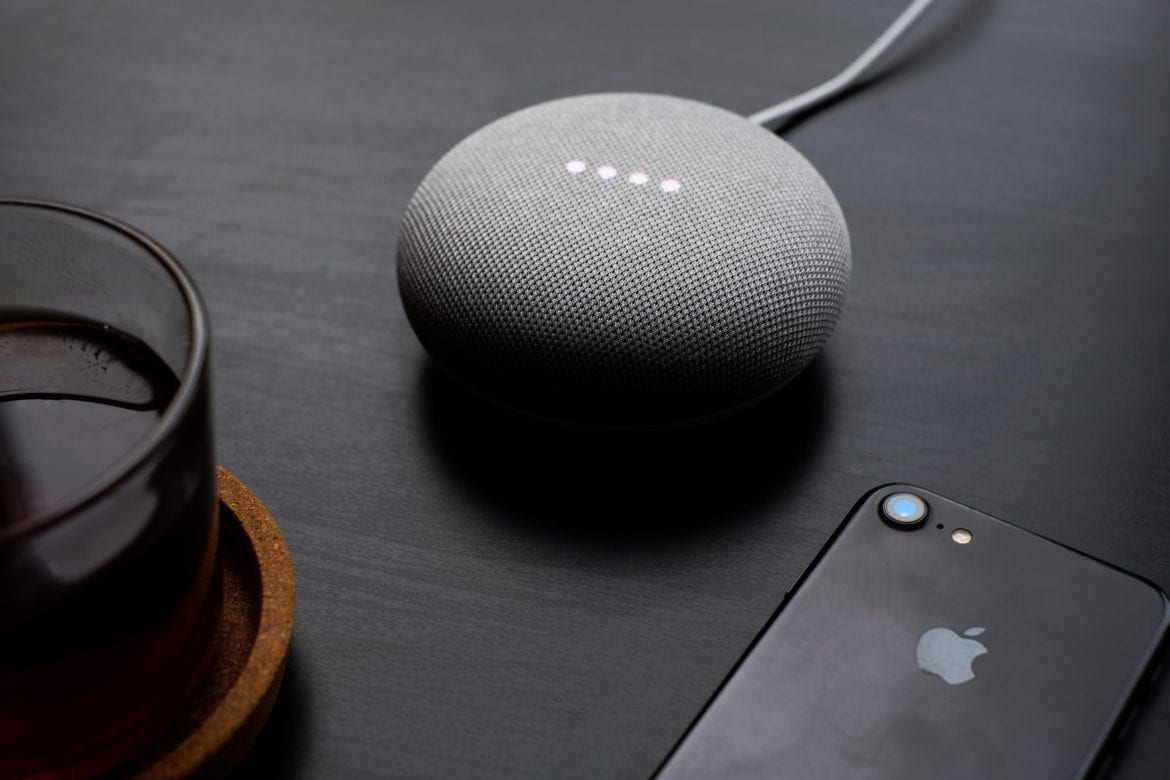|
Getting your Trinity Audio player ready...
|
US$17 million voice revenue lost by NYT bestsellers in 2019; will exceed US$50 million in 2020 without changes
Voice technology – more properly referred to as voice-first technology – is emerging as one of the most important technologies of our time. Voice serves as the front door to our nascent AIs and machine learning, providing a computing interface aligned with humanity as deeply as
Even with the progress we’ve made with voice, lots of work remains to be done. And one of the biggest areas of need we’ve found is in the area of publishing.
Evaluating the Landscape
I took The New York Times bestseller list (dated March 10), consisting of the top 15 non-fiction titles and top 15 fiction titles, ranked by combined print and e-book sales, for an informal research study.
I then asked Amazon’s Alexa, Google’s Assistant, Apple’s Siri, Microsoft’s Cortana and Samsung’s Bixby (spanning over one billion devices worldwide) four queries per book, evaluating if the voice assistant recognized what was said and judging the usefulness of its response:
- The title of the book, with
author (e.g. “Becoming, by Michelle Obama”) - The statement, “I want to read [the title of the book, with author]” (e.g. “I want to read Becoming, by Michelle Obama”)
- The statement “I want to listen to [the title of the book, with author]” (e.g. “I want to listen to Becoming, by Michelle Obama”)
- The statement “I want to order [the title of the book, with author]” (e.g. “I want to order Becoming, by Michelle Obama”)
A binary score was assigned to each query: 1 if the voice assistant understood the query and provided an answer directly addressing the query, and 0 if that didn’t happen.
The Results
The data can be viewed here, but the results were surprising: These top five voice assistants were only able to recognize 43.2 percent of these basic queries related to The New York Times bestsellers.
We make the following assumptions, derived from existing data or previous findings on consumer behavior using voice-first technology:
- 20 percent of these failed attempted purchases are one-time attempts, and permanently lost
- 50 percent of all queries made to voice assistants about books are about books that, at some point, were New York Times bestsellers
- average unit revenue of US$12 per NYT bestseller
Using data available from Voicebot.AI and Publishers Weekly, a somewhat conservative analysis reveals some fascinating conclusions:
- More than 3.5M book-related queries are made by voice, daily, across the world
- More than 1.9 million of these queries are failed to be understood or properly answered by voice assistants
- Two percent of these queries are attempted purchases: more 70,000 per day
- More than 38,000 attempted book purchases via voice fail daily
Finally, we arrive at dollars and cents: More than US$46,000 is lost, per day, right now due to nonfunctional voice queries, equaling over US$17 million in 2019.
This loss will jump to US$53 million in 2020 at the current rate of expansion of voice-first technology and ecosystems.
So, What Do We Do About It?
It might be tempting for a book publisher to blame these technology companies for this problem. And while it is, indeed, their fault to some degree that all of these publishing queries do not direct the user to the right response, it is within the publisher’s power to fix the problem.
Step 1: Publishers need to audit the voice-first compliance of their catalog. Start with the queries we used in this study, and expand from there.
Step 2: As gaps and deficiencies are located with particular voice assistants, reach out to the voice teams at these tech companies to report the problem and ask them how best to fix it.
Step 3: In addition to that, an easy way around Alexa and Google Assistant providing wrong or incomplete information is to create a third-party Alexa skill or Google Home action either for individual
Overall, the message is clear: No matter whether you’re a trade publisher, scholarly publisher, independent publisher, educational publisher, or
In addition, I’ll be speaking about the research and “The Voice of Publishing: How Voice-First Tech Will Boost the Industry” on Monday, March 11 at the London Book Fair Quantum conference (see https://quantum.londonbookfair.co.uk).
Bradley Metrock, CEO, Score Publishing
About
Bradley Metrock is CEO of Score Publishing, which owns and operates Digital Book World (DBW). DBW is the annual gathering of the wide world of publishing. The conference will bring together as many as 1,000 decision-makers from across the global realms of publishing and technology. Metrock’s company, Score Publishing, also owns and operates VoiceFirst.FM and produces The Alexa Conference. For VoiceFirst.FM, Metrock hosts the popular podcast This Week In Voice, which discusses the week’s news in voice technology, the evolution of voice assistants, smart speakers, and the proliferation of voice-first technology in our modern lives. See http://www.ThisWeekinVoice.com.


